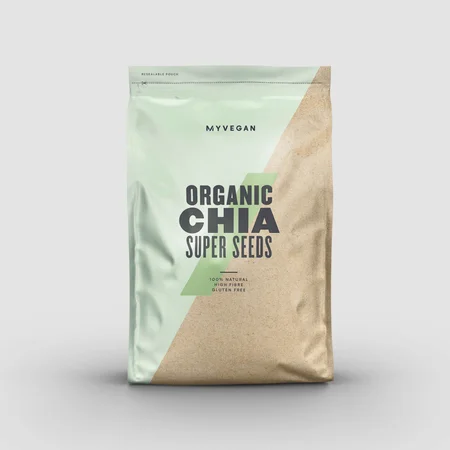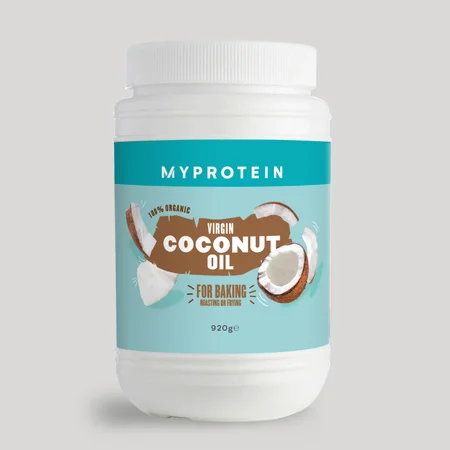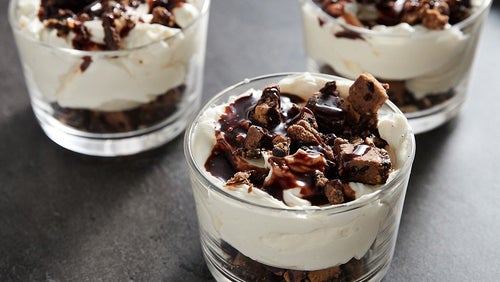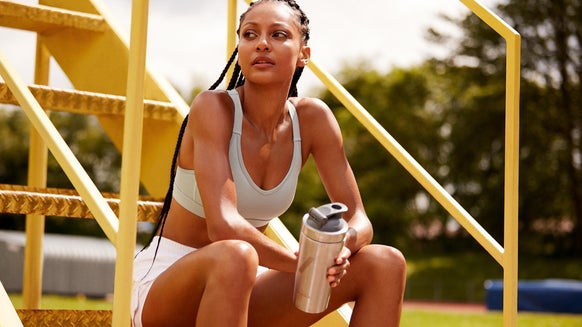The Ultimate Vegan Food List | Substitute Your Shopping
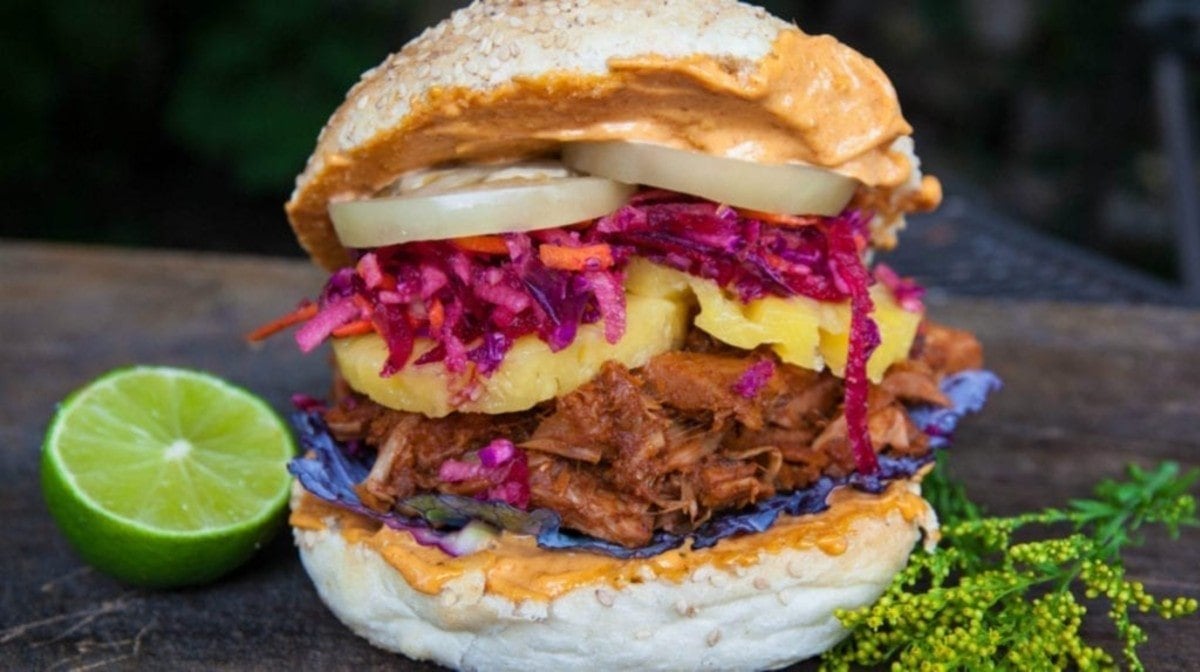
Veganuary is the perfect time to give the vegan lifestyle a try. And with January already well under way, we want to keep your vegan momentum up.
If you’re new to following a plant-based lifestyle, it’s pretty normal to be concerned about whether or not you’re getting all the nutrients you once got from animal products.
From baking ingredients to snacks, if you’re new to veganism and want to know where to get started, here’s your list.
What Are The Vegan Essentials?
The essentials in all diets are proteins, carbs, fats and vitamins — and being vegan is simply a matter of identifying the best substitutes and keeping a steady supply of them at home for when you come to prepare your food.
Nuts
These are a great source of protein, fibre and healthy fats — making them a really satisfying snack option on their own, or you could use them as a crunchy garnish in salads, or in hot dishes like satay noodles.

Beans
The musical fruit. Full of fibre, antioxidants, and protein, beans are the nutritious legumes that are super versatile — eat them on their own, in salads, or as a great meat-replacing ingredient in recipes.

Quinoa
Did someone say superfood? This gluten-free, protein-filled joy gives you all nine essential amino acids and makes an excellent side dish or mains mixer. You can also use it in non-savoury dishes, for example as an oat substitute in overnight oats.

Flaxseeds
Flaxseeds are full of fibre and omega-3 fatty acids. They’re versatile, too — ground up and added to water they make a nutritious egg and butter replacement.

Jackfruit
Jackfruit has a distinctly ‘meaty’ texture that can help the transition to going meat-free, it's renowned for being amazing as a pulled-pork substitute. It’s a great source of starchy carbohydrates and fibre, and the seeds from it can be served as a salty snack or even in curries.

Best Milk Substitutes
Milk features in the average diet in so many ways and it may seem irreplaceable when considering its mighty nutrient content, but rest assured there are many great tasting alternatives to suit vegan needs.

Soy Milk
Soy milk is derived from soybeans and imitates the creamy consistency of dairy milk for new vegans. It also comes in a broad range of flavours for anyone unsure about the taste.
Good news: the protein content is around the same as cow’s milk. It’s high in calcium, vitamins, magnesium and potassium, and is low in saturated fats and sugar.
Rice Milk
Rice milk is naturally sweet and is made from healthy brown rice grains. As a good-for-you substitute, this is the way to go with its abundance of protein, carbs, antioxidants and lack of saturated fats.
Almond Milk
Here’s a popular one, with its sweet, nutty undertones. It meets 30 percent of your daily recommendation for calcium and is full of vitamin D – all without saturated fats, cholesterol or lactose.
Hemp Milk
Hemp milk derives from the hemp tree and is noted as being one of the healthiest alternatives going with its earthy taste. It can contain up to 10 essential amino acids and is a great source of omega-3 fatty acids and omega-6 fatty acids.
Oat Milk
Becoming more and more popular in recent years due to its creamy-ness that regular milk would be envious of. Oat milk is ideal to go in recipes that need a rich creamy texture, or for those who like a more indulgent coffee in the morning. Rich in vitamin B12 and Calcium, oat milk is a must-try for any new vegans.
Butter Substitutes
Integral in many baking and cooking recipes, but also missed as a spread when you can’t have it as a vegan. Your baked goods and dry (wholegrain) toast won’t go amiss with these:

Oils
Oil of the veg, olive, coconut and sunflower variety is the healthy way to go for everyone, not just vegans. Lower in bad fats and the wrong kinds of cholesterol, as part of a Mediterranean diet it is proven to be good for overall health.
It's a simple alternative when baking, and it doubles up as a great dressing for salads, too.
Avocado
We’re not talking about avocado cake when we say that avocado is a good replacement for the fats in your baking. The taste is more versatile than you may have realised and it’s full of mono-saturated (good) fats that can lower your body’s bad cholesterol.
Fruit Purees
Fruit purees from applesauce to pumpkin, pineapple and banana puree will cut out a whole world of calories while providing the moisture and fibre you usually take from butter. A little research on the nutritional values of fruits can help steer your choice to take more potassium and vitamins into your diet.
Cheese Substitutes
You may not think of cheese as an essential part of your diet, but a) when you know you can’t have it, it sucks, and b) it’s a great source of calcium and other nutrients that you’ll miss when going without dairy.
The world of vegan cheese awaits you, and here are just a few of the different dairy substitutes for you to look out for:

Nut Cheese
A great variation is cheese made from nuts in the same way it is usually produced from milk. Popular types include almond, cashews, macadamia and more, providing you with healthy fats, fibre and protein.
Soy Cheese
Soy cheese is also a great vegan free option. Many agree that its' flavours and texture resemble that of the dairy kind you perhaps once knew and loved.
Egg Substitutes
Eggs are very important as both an ingredient and as part of meeting your daily quote for nutrition – not to mention protein. As an ingredient, they are integral in structure as they hold ingredients together in a mixture, help baked goods rise, and provide moisture and fat.

Oils
Referring to our previous topic of butter in baking, for moisture and binding, veg oils are the perfect (and healthy) answer to cutting eggs from your dough.
Chia and Flax Seeds
Chia and flax seeds work just as well as eggs when mixed as a meal to water, creating an oily, runny egg-like substance. They are also great vegan sources of omega-3 fatty acids.
Flax meal and water also goes by the name ‘flegg’, which is 1tbsp of flax meal to 3tbsp of water.
Fruit Puree and Tofu
These come into play where there is already a leavening agent in the mix and can provide some flavour and sweetness to your recipes.
Meat Substitutes
Meat is probably the first on the agenda for new vegans. It's full of nutrients and proteins that your body needs from a dietary source, but more than that, it's the texture that many people miss in a meal when beginning as a vegan.

Tofu
Tofu is one of the most popular replacements for pork, chicken, beef, and seafood in recipes. It comes from soybeans and is high in protein and calcium.
Its texture is soft and spongey but comes in firmer forms, too, making it versatile to mix with just about any meal to replicate the experience of eating all meats.
Tempeh
Some vegans prefer tempeh because it has a tougher, grainier texture than tofu. It’s made from soybeans, has a nutty taste, and is full of fibre, calcium, and vitamins.
Lentils and Mushrooms
For that meaty feel and taste, mushrooms can give you what you want, and lentils are arguably the number one meat substitute for vegans, great for replacing mincemeat as they have a very similar feel.
How A Vegan Food List Can Help Beginners
All too often when you buy your food pre-made and packaged you later learn, much to your surprise and annoyance, that a non-vegan ingredient has actually been used — leaving you feeling like there’s nothing in the world you can eat as a vegan.
Avoid the disappointment and take matters into your own hands. You don’t have to be a super chef, but taking an itemised list of pro-vegan foods with you when you go shopping can help you be sure that you're sticking to a vegan lifestyle and still getting all of the protein, carbs, fats and calories you need to be healthy.
Take Home Message
The key to vegan food, and healthy eating in general is to approach your meals one ingredient at a time — considering the contents of your cupboards carefully is the best way to make sure you’re getting your macros and replacing animal products in the most nutritional, delicious and seamless way possible.
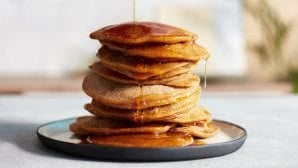
10 High-Protein Vegan Breakfast Recipes To Actually Keep You Full
Get your day off to the best start with these plant-powered recipes.

#RefuelYourAmbition With Our New Challenge
Sign up now for your best year yet.

Jennifer Blow has a Bachelor’s of Science in Nutritional Science and a Master’s of Science by Research in Nutrition, and now specialises in the use of sports supplements for health and fitness, underpinned by evidence-based research.
Jennifer has been quoted or mentioned as a nutritionist in major online publications including Vogue, Elle, and Grazia, for her expertise in nutritional science for exercise and healthy living.
Her experience spans from working with the NHS on dietary intervention trials, to specific scientific research into omega-3 fatty acid supplementation and also the effect of fast foods on health, which she has presented at the annual Nutrition Society Conference. Jennifer is involved in many continuing professional development events to ensure her practise remains at the highest level. Find out more about Jennifer’s experience here.
In her spare time, Jennifer loves hill walking and cycling, and in her posts you’ll see that she loves proving healthy eating doesn’t mean a lifetime of hunger.
